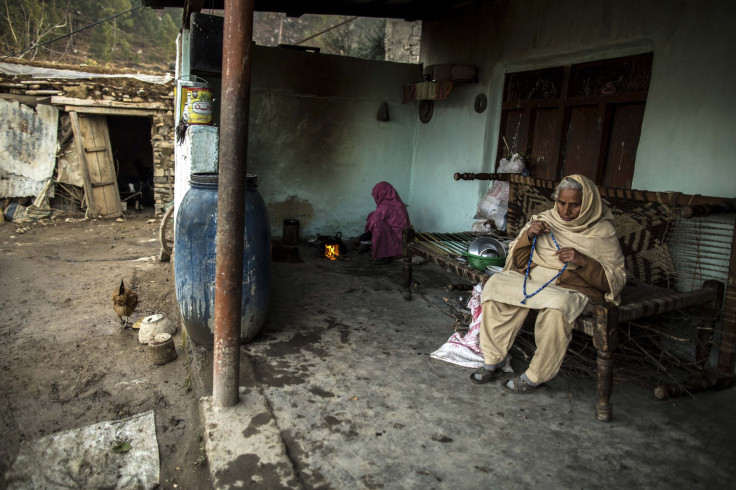Explosion Results In Massive Pakistan Blackout - Officials

Pakistani officials scrambled Sunday to restore power to 80 percent of the country affected by a problem with its power grid. Agence France-Presse reported that the power failure was triggered by an attack from rebels on a key power line.
Prime Minister Nawaz Sharif canceled his trip to the World Economic Forum in Davos, Switzerland, to deal with the problem, which began shortly before midnight with an explosion that damaged a transmission line in Baluchistan province, AFP reported. The area has been a hotbed of activity by separatist rebels.
“The fault in the system was caused by a main transmission line being blown up in Baluchistan,” Minister of State for Water and Power Abid Sher Ali said, according to AFP, blaming rebels in the Naseerabad district.
Sunday's incident followed two earlier attacks on the power grid, one on Thursday and a previous attack on Jan. 13, that did not trigger blackouts.
Secretary of Water and Power Muhammad Younus Dagha said 7,500 megawatts of electricity had been restored and the system was again operating by midmorning Sunday, Associated Press of Pakistan reported. “Transmission towers, 75, 76 in Sibbi were blown [up] by unknown miscreants at 11:53 p.m. [local time] on Jan. 24,” Dagha said, the Express Tribune reported.
Major cities, including Islamabad, Karachi and Lahore, were affected, Radio Free Europe reported. It was characterized as one of the worst power failures in the country's history.
Dagha denied the blackout was caused by dwindling supplies of fuel at the country's power plants. “Before this breakdown we were successfully managing the shortage by carrying out load shedding for industrial consumers,” Dagha said.
AFP reported Pakistan's electricity distribution system is a complex web. Failure in one area often triggers a cascade effect. Dhaga said that though the government is trying to make improvements, increasing supply and making distribution more reliable would probably take as long as three more years.
“We have increased the generation, but did not invest in transmission nor developed any alternate system to divert the load,” Dhaga admitted.
The system is a money-loser for the government because of low rates. Despite the low rates, the government generally has difficulty getting customers to pay for service, AFP said, leading to cutoffs in fuel supplies from providers who have not been paid.
© Copyright IBTimes 2024. All rights reserved.












